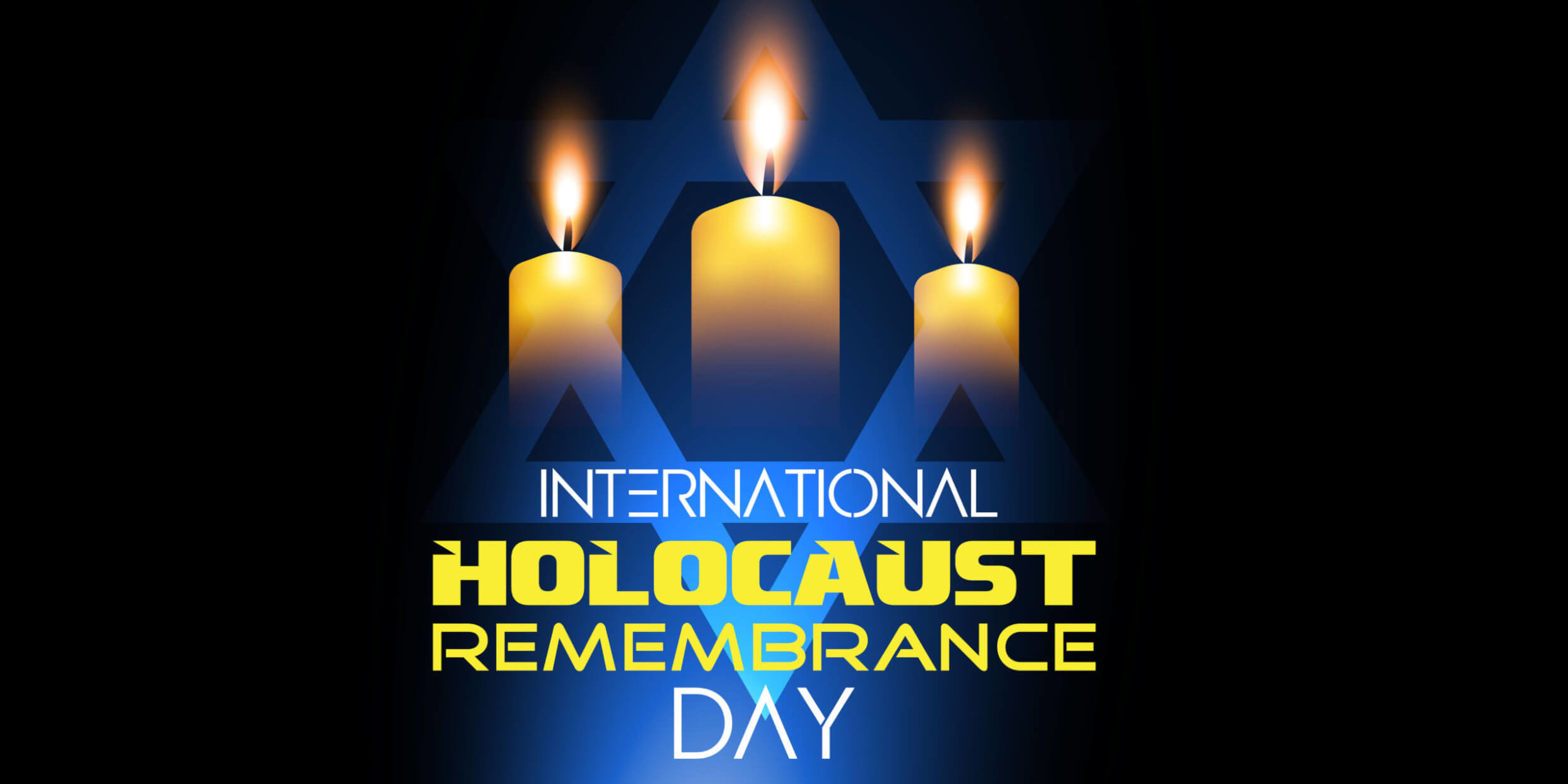Thursday, January 27 is International Holocaust Remembrance Day. There are so many reasons why it is important that every global citizen reflect on this day. We cannot look at the Holocaust as some type of aberration in history. When scholars break down what happened in Nazi Germany, there is consensus that a genocidal movement against a group of people could happen anywhere. And, given the pervasiveness of anti-Semitism in the western world, it is important to understand how it happened and why.
Germany was a democratic nation, and Adolf Hitler rose within that system through a mass democratic movement. To be sure, he exploited weaknesses, but he came to power through popular means, openly talking about anti-Semitism and writing about his intentions. At the time Germany was a highly civilized nation. Weimar Germany—the period before the Nazis took control—had a creative, modern culture that celebrated individual rights. Had one experienced Berlin in the 1920s, it might have been hard to imagine that Nazi ideology could be popularly adopted. Yet, we know anti-Semitism was present throughout the western world. Rosemary Ruether’s classic work Faith and Fratricide examines the roots of anti-Judaic and anti-Semitic ideology in Christian theology and shows how anti-Semitism pervaded European and western thinking. Indeed, when Hitler advanced in Eastern Europe and Russia, citizens of those nations took part in the Holocaust, killing and persecuting Jews as they were dispossessed.
This sentiment was not just in Eastern Europe, Russia, and Germany. Anti-Semitism also was present in the United States in the 1930s and 1940s. It wasn’t confined to isolationists wanting to avoid the looming European War against Hitler, but also existed in FDR’s own State Department, which created “paper walls” intended to keep out Jewish refugees fleeing Nazism. Two books worth reading on this topic are David Wyman’s Paper Walls, an outstanding study of how America deliberately failed to save German Jews, and Timothy Snyder’s Black Earth: The Holocaust as History and Warning. Snyder convincely argues how the military conquest of American Indians and legal construct of Native American rights in the American West by the U.S. government served as inspiration for Hitler and other imperialists desiring “living space” in the east.
Sadly, anti-Semitism still exists and is on the rise. We continue to see attacks against Jews in American society. We saw anti-Semitic and Nazi symbols at the January 6, 2021 U.S. Capitol insurrection in a grotesque display. After last week’s attack on a synagogue in Texas, I read a moving article about how Christian churches in America can largely exist with little to nothing in the way of security cameras, locks, and guards, whereas it is standard in Jewish places of worship to have high-level security. In an age of misinformation and disinformation, it is so important that we remember what happens when a leader scapegoats an entire group of people. With more and more Holocaust survivors succumbing to old age, it is incumbent on all citizens to ensure young people know their history. The original deniers of the Holocaust were the Nazis themselves. Hitler talked about extermination as a “rumor.” (Like Hitler, there is an interesting line of thinking about Holocaust Deniers; they contend it didn’t happen, but say that, if it did, Jews “deserved it.”) The Nazis obfuscated their crimes. They put as little as possible into the historical record. They covered up evidence. They literally were trying to erase the Jewish people from world history.
A January 2020 Pew Research Center Poll on “What Americans Know About the Holocaust” offers a deep study that is worth your time. It found that, while most Americans know that the Holocaust refers to the mass annihilation of Jews, fewer Americans know key details of the Holocaust. These include:
- understanding how Hitler came to power
- knowing how many Jews were killed
- learning that Jews, atheists, and agnostics know more about the Holocaust than Christians do
- finding out that more knowledge of the Holocaust correlates with “warmer” feelings toward Jews
- realizing that the level of Holocaust knowledge among American teens corresponds to that of adults without a degree in higher education; and older Americans know more than younger Americans
The poll results raise questions about what role Holocaust denialism plays in the responses. This may have to do with the fact that only 22 states, including Colorado, mandate education about this horrific event, and that non-Jewish households might be less likely to talk about this important world event.
Several years ago, Poland passed a law making it a crime to accuse Poland of being complicit in Nazi war crimes. Internal outrage followed, and Poland reversed course. As certain states in the U.S. pass laws outlawing critical discussion of racial injustice in America, we all might take note of the danger of re-inventing history. I think we can confront young people with the tough lessons of the past and trust that they have the resiliency to handle accurate and evidence-based discussions of history. In fact, helping students understand history will help ensure humans do not repeat the mistakes of the past.
I encourage you to spend time reviewing helpful resources found at the United States Holocaust Museum. Scholastic offers these titles for younger readers, and I’ve worked with our library staff to make sure they are available here on campus. On this day of international significance, I encourage you to check in with one another on this topic, have a conversation about this important day of remembrance as a family, and take a step toward helping your child understand our community’s humanity.
